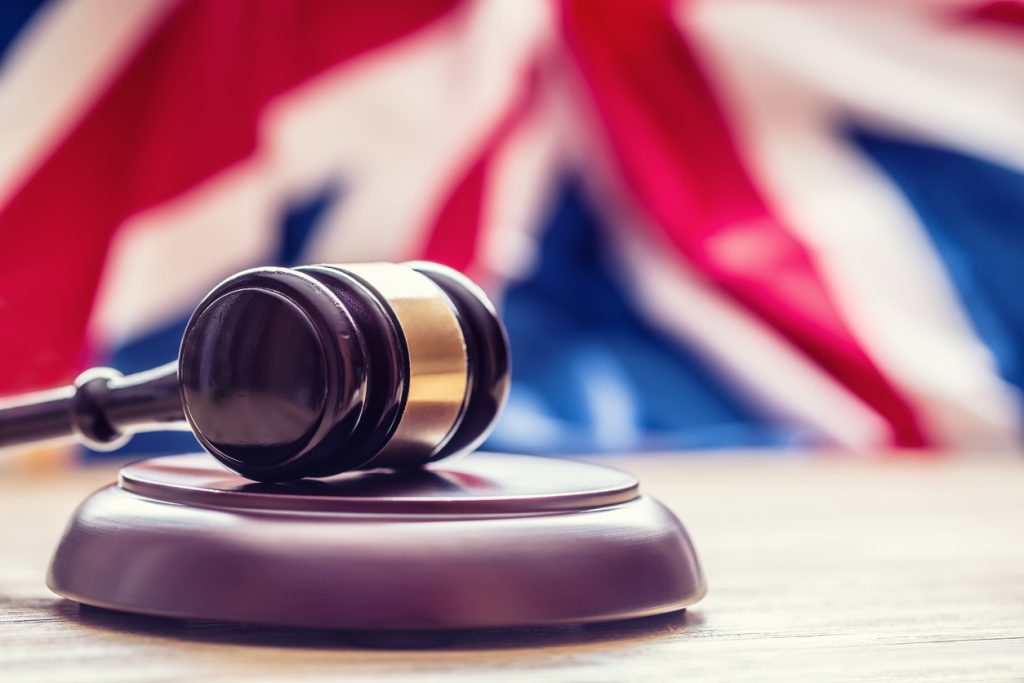The debate surrounding Shamima Begum's citizenship and the legal implications of her case has sparked intense discussions on the role of law, citizenship, and justice in contemporary society. The story of Begum, a trafficked and sexually exploited schoolgirl who was coerced into joining ISIL at 15, has become emblematic of broader issues related to national security, immigration policy, and human rights.
In the latest chapter of Begum's legal saga, the Court of Appeal last month dismissed her appeal challenging the decision to deprive her of British citizenship. This decision, presided over by Lady Chief Justice Carr, underscores the complex interplay between executive power, judicial review, and individual rights.
Begum's journey from a vulnerable teenager to a symbol of national security concerns highlights the ethical and legal dilemmas faced by modern democracies. Despite acknowledging Begum's traumatic experiences and acknowledging the "credible suspicion" of her trafficking, the court ultimately deferred to the discretionary power of the Secretary of State- at the time Sajid Javid- in matters of citizenship.
The case raises fundamental questions about the limits of state authority, the treatment of a child who was hardly ‘Gillick competent’ at her time of departure, the rights of individuals, and the ethical responsibilities of journalists and media organizations. The role of the media in shaping public opinion and influencing government decisions as evidenced by the sensationalised coverage of Begum's story and its reflexive impact on policy-making, was recognised in the Special Immigration Appeals Commission findings that preceded this latest appeal hearing.
Moreover, Begum's case exposes the inherent contradictions and injustices embedded within immigration and counter-terrorism policies. While ostensibly designed to protect national security, these policies often perpetuate discrimination, marginalization, and human rights abuses against vulnerable individuals, particularly those from minority backgrounds.
As practitioners and legal scholars continue to grapple with the implications of Begum's case, it serves as a stark reminder of the selective retributive zeal and steel fast determination to blindside Begum’s current statelessness in the Al Roj camp whilst making a virtue out of her condemnation and banishment. Ultimately, the quest for justice for Begum requires not only legal reforms but also a societal commitment to upholding the rights and dignity of all individuals, regardless of their background or circumstances.




















